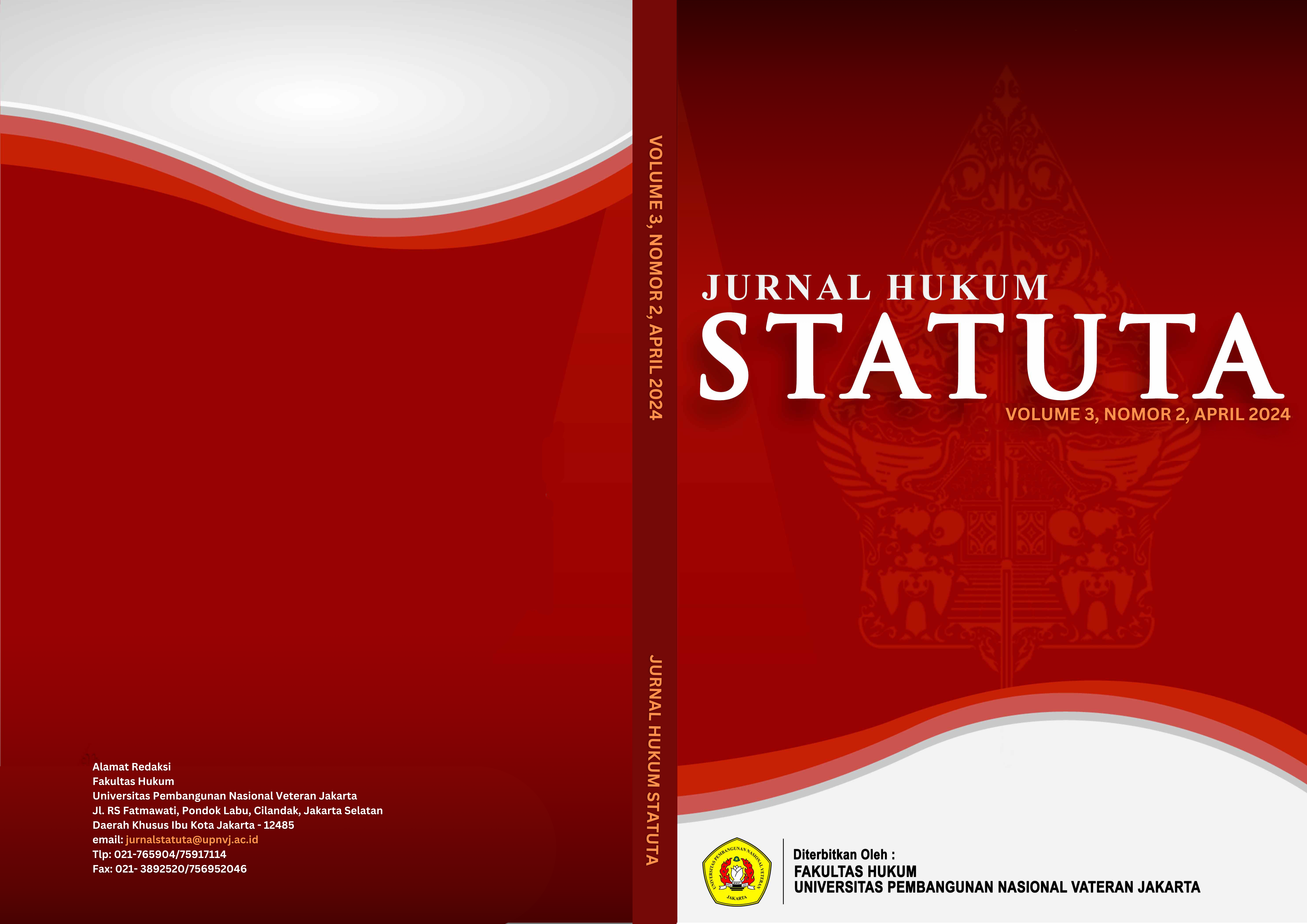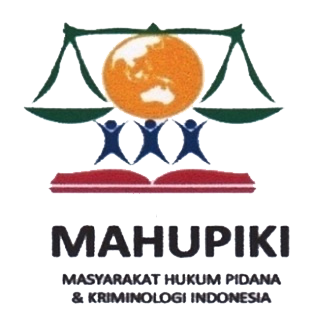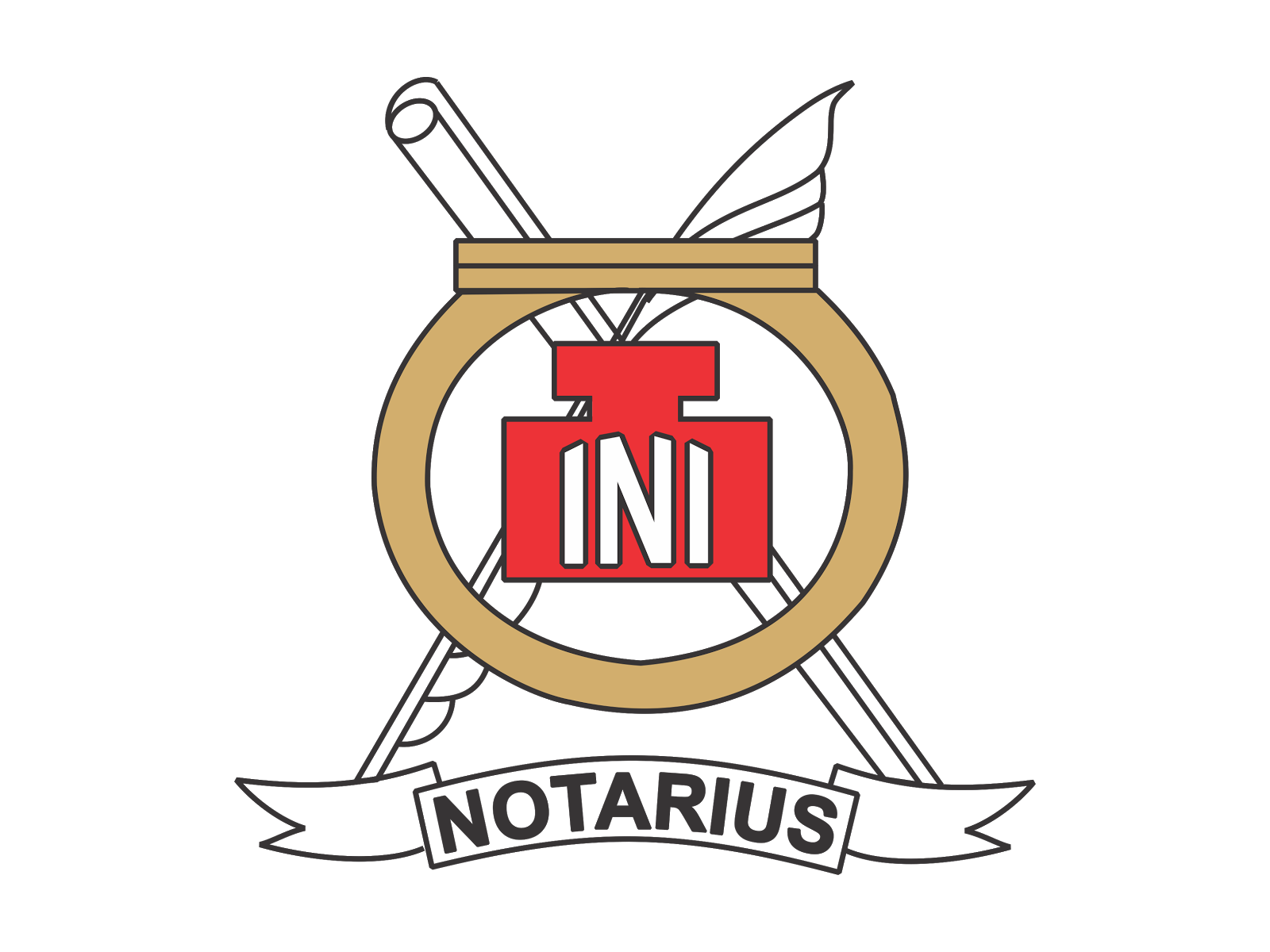ANALISIS TINGKAT KEPERCAYAAN PUBLIK TERHADAP MAHKAMAH KONSTITUSI PASCA PUTUSAN NOMOR 90/PUU-XXI/2023
DOI:
https://doi.org/10.35586/jhs.v3i2.9095Keywords:
Constitutional Court, Public Trust, Decision Number 90/PUU-XXI/2023, Code of EthicsAbstract
Constitutional Court Decision Number 90/PUU-XXI/2023 is considered to have a conflict of interest due to the involvement of Chief Justice Anwar Usman's family with one of the parties, raising doubts about the court's independence and integrity. This study aims to examine the impact of this decision on public perception and trust in the Constitutional Court. Using empirical legal research with an interdisciplinary and conflict approach, the study distributed online questionnaires through Google Forms to explore the impact of that Decision on public perception and trust. The results indicate that the decision to set the minimum age limit for presidential and vice-presidential candidates at 40 years old has a significant impact on the level of public trust in the Constitutional Court. The Spearman correlation test shows a very strong and significant relationship, with a coefficient of determination of 0.780, indicating that 78% of the variability in the level of public trust can be explained by this decision. However, there is still 22% variability influenced by other factors that need to be studied further to get a more complete picture of public trust in the Constitutional Court.
References
Adhita. “Independensi Hakim Mahkamah Konstitusi Dalam Perkara Pengujian Uu Yang Memuat Conflict Of Interest Pada Putusan Mk No 90/Puu-Xxi/2023.” Nusantara: Jurnal Pendidikan, Seni, Sains dan Sosial Humaniora 1, no. 2 (2023).
Andhika, Lesmana Rian. “Meningkatkan Kepercayaan Publik Terhadap Pemerintah Melalui Redesain Proses Kebijakan.” JIP (Jurnal Ilmu Pemerintahan) : Kajian Ilmu Pemerintahan Dan Politik Daerah 3, no. 1 (2018): 24–42.
Arsil, Fitra. “PERAN MAHKAMAH KONSTITUSI DALAM PENYELESAIAN SENGKETA PEMILU 2009.” Jurnal Legislasi Indonesia (2009).
Asshiddiqie, Jimly. Konstitusi Dan Konstitusionalisme Indonesia. Jakarta: Sinar Grafika, 2006.
Furqon, Abdil Azizul, Jaury Douglas Pardomuan, Michael Geovani Joseph, and Iwan Erar Joesoef. “PUTUSAN MAHKAMAH KONSTITUSI NO. 90/PUU-XXI/2023 DALAM PERSPEKTIF FILSAFAT HUKUM H.L.A Hart Dan Ronald Dworkin.” Iblam Law Review 4, no. 1 (2024): 416–426.
Kelilauw, Amran Anshary, and Zuhad Aji Firmantoro. “Analisis Legal Standing Dan Konsistensi Putusan Mahkamah Konstitusi Dalam Pengujian Materiil UU Nomor 7 Tahun 2017 Tentang Pemilihan Umum: Studi Kasus Putusan No. 90/PUU-XXI/2023.” Jurnal Ilmu Hukum, Humaniora dan Politik 4, no. 2 (n.d.): 92–107.
Mahdy, Keisya Kalyana, and Waluyo. “Peran Mahkamah Konstitusi Dalam Penyelesaian Sengketa Kewenangan Antar Lembaga Negara (Skln).” Souvereignty 1, no. 4 (2022): 656–664.
Mahkamah Konstitusi. “Kedudukan Dan Kewenangan| Mahkamah Konstitusi Republik Indonesia.,” 2020. Mahkamah Konstitusi.
Mawey, Thalia Claudia, Altje Tumbel, and Imelda W.J Ogi. “Mawey, T. C., Tumbel, A., & Ogi, I. W. (2018). Pengaruh Kepercayaan Dan Kualitas Layanan Terhadap Kepuasan Nasabah PT Bank Sulutgo.” Jurnal EMBA: Jurnal Riset Ekonomi, Manajemen, Bisnis Dan Akuntansi 6, no. 3 (n.d.): 2018.
Nugraha, Fajar Kuala. “Peran Mahkamah Konstitusi (MK) Dalam Sengketa Pemilu Kepala Daerah (Pilkada).” Jurnal Transformative 2, no. 1 (2016): 58–74.
Panglipurjati, Puspaningtyas. “Peran Judicial Review Di Mahkamah Konstitusi Dalam Reformasi Hukum Perkawinan Indonesia Yang Humanis, Adil Dan Beradab.” Justitia Et Pax 32, no. 1 (2016).
Pradina, Gita, and Jadmiko Anom Husodo. “Peran Mahkamah Konstitusi Terkait Perlindungan Hak Pilih Warga Negara Indonesia Dalam Pemilu 2019 Melalui Putusan MK Nomor 20/Puu-XVII/2019.” Res Publica: Jurnal Hukum Kebijakan Publik 4, no. 2 (2020): 190–204.
Putri, Welda Aulia, and Dona Budi Kharisma. “Mahkamah Konstitusi Dalam Sistem Republik Indonesia.” Souvereignty 1, no. 4 (2022): 671–680.
Sa’diyah, Rika, Sumi Lestari, Diana Rahmasari, Nelly Marhayati, Ati Kusmawati, and Pia Khoirotun. Peran Psikologi Untuk Masyarakat. Jakarta: UMJ Publishing, 2018.
Salia, Erli. “Salia, E. (2016). Peran Mahkamah Konstitusi Dalam Mewujudkan Negara Hukum Yang Demokratis.” Doctrinal 1, no. 1 (2016): 1–18.
Setiawan, Adam. “PERSPEKTIF HUKUM REFLEKSIF TERHADAP PERAN MAHKAMAH KONSTITUSI DALAM MENJAMIN HAK-HAK KONSTITUSIONAL PENGHAYAT KEPERCAYAAN.” Jurnal Hukum Ekonomi Syariah 1, no. 1 (2018): 81–97.
Sihotang, Januari. “Peran Mahkamah Konstitusi Sebagai Lembaga Penguji Undang-Undang Dalam Masyarakat Ekonomi ASEAN.” Dialogia Iuridica 7, no. 1 (2015): 37–46.
Simanjuntak, Arif Sharon. “Kepercayaan Masyarakat Terhadap Kinerja Hakim Mahkamah Konstitusi Dalam Rangka Penegakan Konstitusi Di Indonesia.” Pandecta Research Law Journal 10, no. 2 (2015): 153–166.
Subandri, Rio. “Tinjauan Yuridis Putusan Mahkamah Konstitusi Nomor 90/PUU-XXI/2023 Tentang Persyaratan Batas Usia Pencalonan Presiden Dan Wakil Presiden.” Jaksa: Jurnal Kajian Ilmu Hukum dan Politik 2, no. 1 (2024): 135–153.
Sunggono, Bambang. Metodologi Penelitian Hukum. Jakarta: PT. RajaGrafindo Persada, 2003.
Suzeeta, Nala Syandhira, and Kayus Kayowuan Lewoleba. “Pelanggaran Kode Etik Oleh Hakim Mahkamah Konstitusi Terkait Dengan Putusan Mahkamah Konstitusi Nomor 90/Puu-XXI/2023.” Madani: Jurnal Ilmiah Multidisiplin 1, no. 11 (2023).
Syahputra, Rayhan Azryal. “Etika Profesi Hakim Mk Terhadap Kode Etik Hakim Mk Dalam Putusan Mk No. 90/Puu-Xxi/2023.” Nusantara: Jurnal Pendidikan, Seni, Sains dan Sosial Humaniora 1, no. 2 (2024).
Thaib, Dahlan, Jazim Hamidi, and Huda Ni’matul. Teori dan hukum konstitusi. Jakarta: RajaGrafindo Persada, 2008.
Tranter, Bruce, and Zlatko Skrbiš. “Trust and Confidence: A Study of Young Queenslanders.” Australian Journal of Political Science 44, no. 4 (2009): 659–678.
Wicaksono, Indra. “Optimalisasi Peran Mahkamah Konstitusi Dalam Pembangunan Hukum Nasional Dengan Model Preventive Review.” Majalah Hukum Nasional 49, no. 1 (2019): 91–116.
Yarni, Yuni. “Peran Dan Fungsi Mahkamah Konstitusi Sebagai Wali Konstitusi Dan Interpretasi Konstitusional.” Meraja journal 1, no. 1 (2018).
Yilmaz, A, and C Atalay. “A Theoretical Analyze on the Concept of Trust in Organizational Life.” European Journal of Social Sciences 8, no. 2 (2009): 341–352.
Downloads
Published
How to Cite
Issue
Section
License

This work is licensed under a Creative Commons Attribution-ShareAlike 4.0 International License.
Authors who publish with this journal agree to the following terms:
- Authors retain copyright and grant the journal right of first publication with the work simultaneously licensed under a Creative Commons Attribution-ShareAlike 4.0 International License that allows others to share the work with an acknowledgement of the work's authorship and initial publication in this journal.
- Authors are able to enter into separate, additional contractual arrangements for the non-exclusive distribution of the journal's published version of the work (e.g., post it to an institutional repository or publish it in a book), with an acknowledgement of its initial publication in this journal.
- Authors are permitted and encouraged to post their work online (e.g., in institutional repositories or on their website) prior to and during the submission process, as it can lead to productive exchanges, as well as earlier and greater citation of published work (See The Effect of Open Access).
Jurnal Statuta have CC-BY-SA or an equivalent license as the optimal license for the publication, distribution, use, and reuse of scholarly work.
In developing strategy and setting priorities, Jurnal Statuta recognize that free access is better than priced access, libre access is better than free access, and libre under CC-BY-SA or the equivalent is better than libre under more restrictive open licenses. We should achieve what we can when we can. We should not delay achieving free in order to achieve libre, and we should not stop with free when we can achieve libre.
You are free to:
- Share — copy and redistribute the material in any medium or format
- Adapt — remix, transform, and build upon the material for any purpose, even commercially.
The licensor cannot revoke these freedoms as long as you follow the license terms.

Jurnal Statuta licensed under a Creative Commons Attribution-ShareAlike 4.0 International License.











